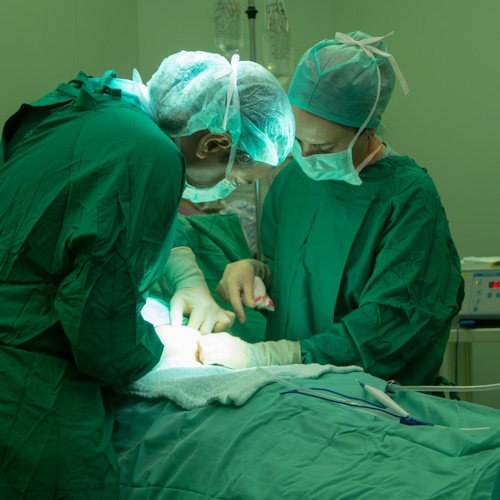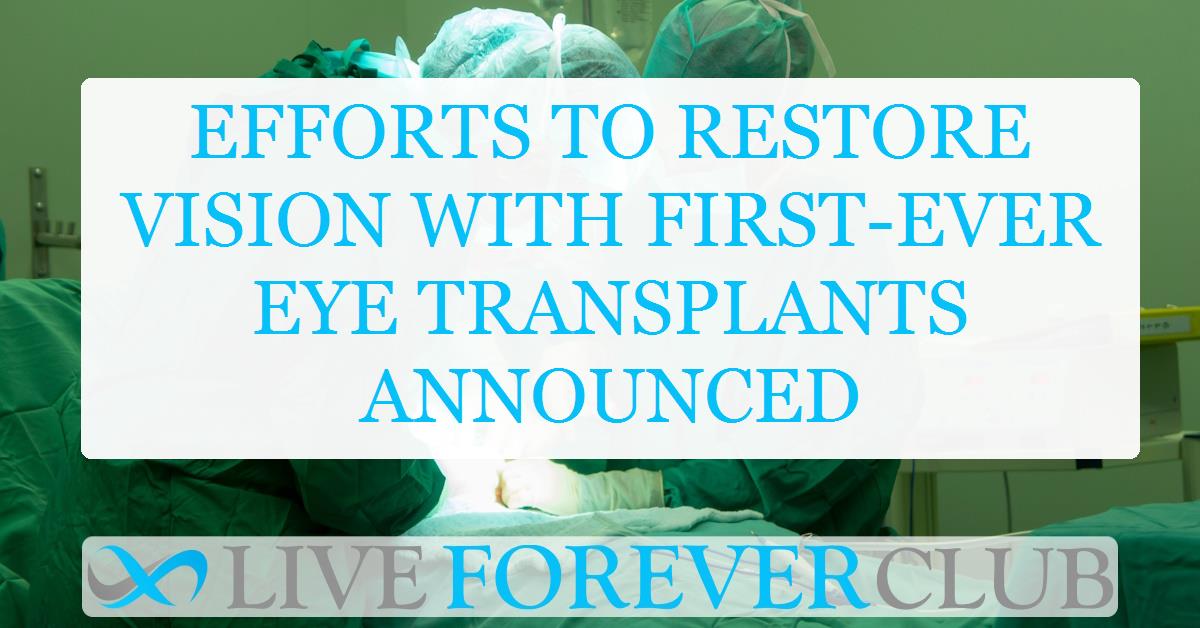Key points from article :
ARPA-H has announced the groundbreaking THEA program, aimed at performing the first-ever complete human eye transplants to restore vision to people who are blind. With funding of up to $125 million, this initiative seeks to reconnect cranial nerves to the brain using advanced techniques in transplantation, preservation, and neuroscience.
THEA’s approach combines microsurgical procedures with genetic and cell-based therapies to regenerate optic nerves, maintain key eye structures, and prevent inflammation or rejection after transplantation. The ultimate goal is to enable millions of visually impaired individuals to regain sight.
Four leading research teams have been selected to spearhead the project. Stanford University will work across all program areas, focusing on donor eye procurement, cell survival, and transplantation surgeries.
The University of Colorado Anschutz Medical Campus will develop stem cell and bioelectronic technologies to promote nerve regeneration and perform surgeries. InGel Therapeutics will focus on 3-D printed gel scaffolds with stem cell-derived retinal cells to repair optic nerves. The University of Miami Bascom Palmer Eye Institute will specialize in donor eye preservation using its innovative eye-ECMOTM device.
The program targets three key areas: preserving donor eyes until transplantation, regenerating optic nerves, and developing post-surgical care strategies.
If successful, THEA could provide treatments for major causes of blindness, such as glaucoma, macular degeneration, and diabetic retinopathy—conditions for which no cures currently exist. Furthermore, breakthroughs in nerve regeneration could lead to advancements in treating other neurological conditions, including spinal cord injuries.
ARPA-H’s efforts are a vital step toward curing blindness and addressing unmet medical needs, with the potential to transform the lives of millions. The findings could redefine possibilities for those living with vision loss, offering hope for restored sight and improved neurological health.







